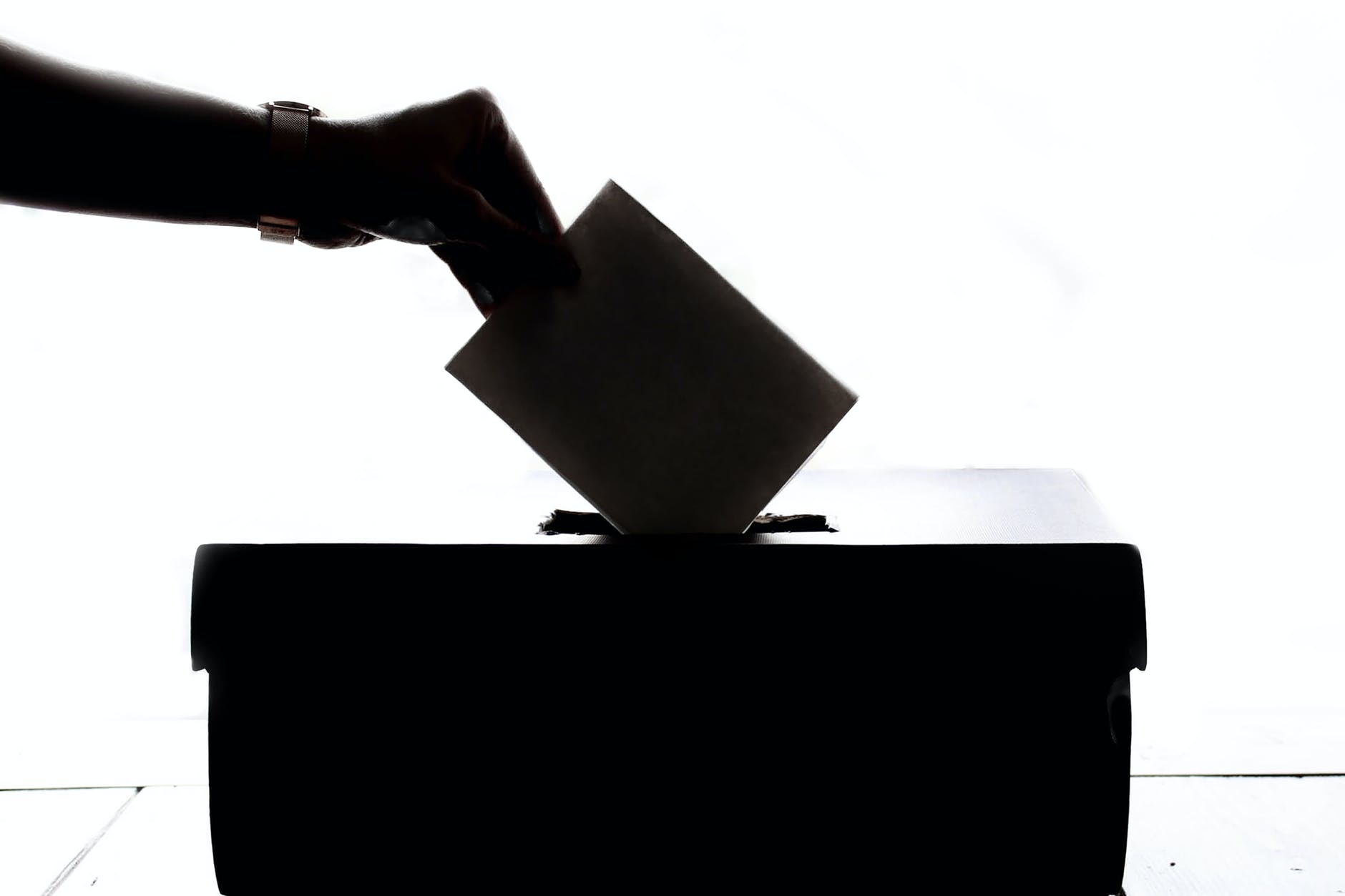A study by researchers from the University of Colorado-Boulder and the U.S Air Force Academy shows voters are more inspired to vote when their candidate displays anger. Voters can begin to mirror the emotions expressed by their candidates, thus motivating them to vote.
Using anger as a tactic is not new
According to Carey Stapleton, a PHD graduate from the University of Colorado-Boulder, anger is a typical tactic politicians use to get re-elected into office. This tactic can work even on people who generally don’t have an interest in politics. Using anger as a tactic to get people to vote is not a new thing.
To come to this conclusion, the researchers gathered 1400 participants from across the political spectrum. They showed the participants false reports where candidates had had arguments about immigration. The participants seemed to become angry after seeing the politicians they support angry. They were also highly likely to vote and attend rallies after this.
Stapleton adds that although the tactic might work in the short-term and inspire people to vote, its long-term implications can be direr, with anger quickly turning into violence.
The researchers gave the respondents articles from a fictional debate on the immigration policy between candidates running for Congress in Minnesota. This move was meant to observe who was affected the most by anger.
Moderate voters were more affected by anger
In some of the articles, the candidates used terms meant to outrage the reader, while others were neutral. The researchers discovered that anger was more when it came from a candidate the participant supported. The opposing candidate was usually ignored.
Surprisingly, researchers found that the participants held moderate political views that were most affected by anger. Participants on either extreme displayed much less. To explain this phenomenon, Stapleton states that people on the far-left and far-right are already hyped up for the election. However, the moderates were more likely to change their emotions.
The researchers warn voters to observe the methods used by politicians to gain their support. They also state that although anger can be a factor in getting people to vote, optimistic people are more likely to vote than pessimists.


